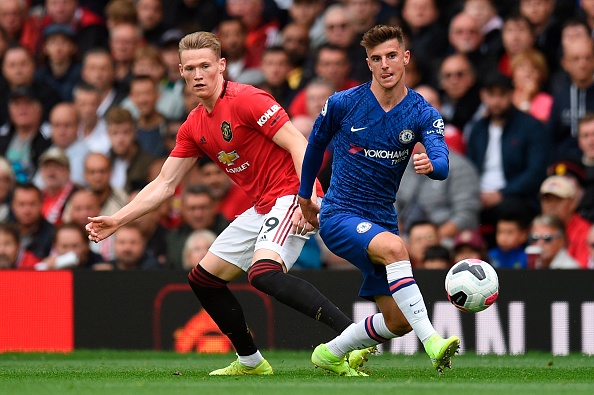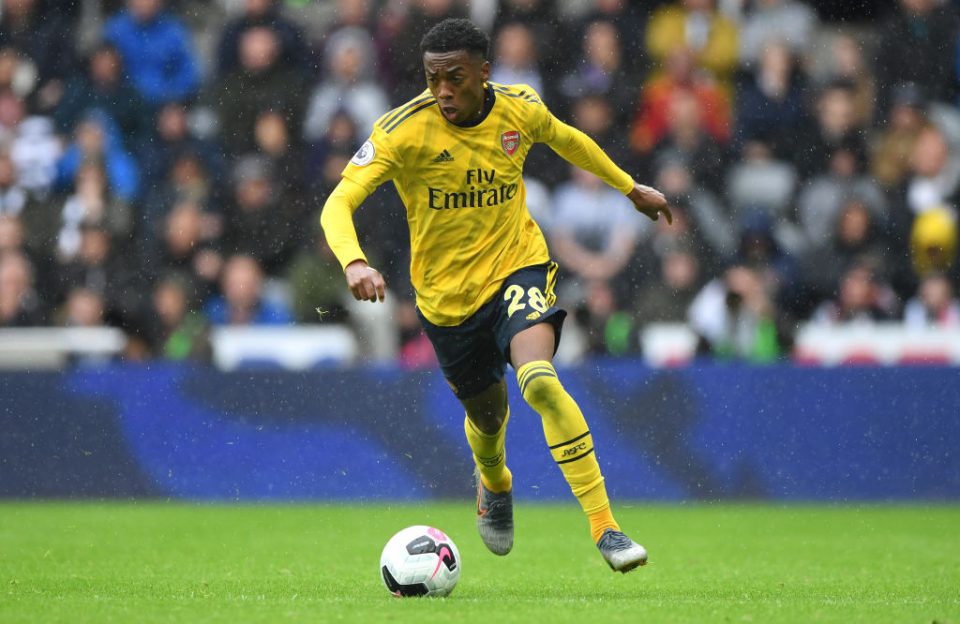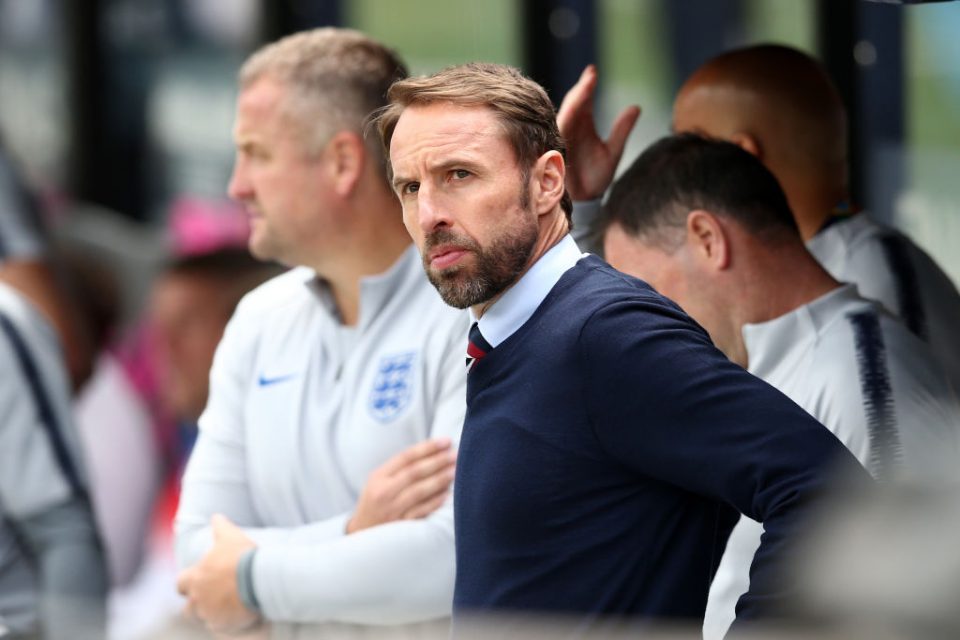English footballers are back in vogue in the Premier League: Why a no-deal Brexit means it is a sign of things to come

“That is a conundrum that we have to solve,” said Gareth Southgate in December last year, addressing the increasingly marginal status of English footballers in the Premier League.
The England manager was speaking after the number of native players hit an all-time low, with just 54 of the 220 who had been named in starting line-ups the previous weekend being English or England-qualified.
That figure represented just 24.5 per cent of starters, a huge drop from 70 per cent in 1992-93, the first season of the Premier League era.
Read more: VAR’s minor flaws are a price worth paying for a fairer game
Southgate must have been encouraged, then, by last weekend’s team-sheets for the opening matches of the new top-flight season.
The 83 Englishmen in starting XIs was the highest number for a first round of Premier League fixtures for nine years.
Particularly heartening was the picture at the so-called Big Six clubs, where competition for places is stiffest: 22 of the 66 starters were English, the highest proportion since the 2016-17 season.
Why the number of English players in the Premier League is up
Among a number of possible factors at play here is the now widely accepted improvement in quality of young English players.
That was in evidence in 2017, when England’s age-group teams all but swept the board at international tournaments, winning the under-17 and under-20 World Cups and the under-19 European Championships.
This production boom has seen canny clubs in other European leagues, notably Germany, offer English youngsters such as Jadon Sancho, Ademola Lookman, Reiss Nelson the first-team chances so hard to come by at home.

Last week’s selections are also the product of different circumstances at the individual clubs.
Chelsea have used a transfer ban to pivot towards youth and give academy products Tammy Abraham and Mason Mount – player of the tournament in the U19 Euro success – an opportunity to break through.
Manchester United have begun prioritising emerging domestic talent such as Aaron Wan Bissaka and Daniel James over big-name foreign signings, while Arsenal are turning to youngsters Nelson and Joe Willock to fill in during a spell when a number of their stars are unavailable.

Encouraging signs these may be, but there is a long way until Southgate’s conundrum has been solved.
If Frank Lampard’s faith in Chelsea’s youngsters is tested by a run of poor results the new manager may be tempted to lean on the club’s more experienced overseas players.
United’s transfer strategy could prove a fad at a club where money is no barrier to most signings, while the Englishman count will surely drop off again when Arsenal manager Unai Emery deems the likes of Mesut Ozil, Nicolas Pepe and David Luiz ready to start games in place of Willock, Nelson and Calum Chambers.
What a no-deal Brexit will mean for English football
On the horizon and drawing ever closer, however, is the prospect of a no-deal Brexit likely to have a profound effect on how Premier League clubs do business and populate their squads.
The ramifications are many but neatly distilled in an article published this week by independent consultant Judith McMinn and lawyers Owen Jones and Daniel Geey, of the firm Sheridans.
It explains that for a number of reasons, described below, the opportunities for domestic players at England’s leading sides are likely to increase in a post-Brexit environment.

Firstly, English teams are set to become more reliant on British talent as signing players from Europe becomes more complicated and expensive.
European Union nationals who until November enjoy freedom of movement to Britain will need a visa, while a weakening pound will make signing them more expensive.
As a result – and notwithstanding whether a quota system is introduced as well – English footballers are likely to become more useful and valuable, which in turn should incentivise clubs to run good academies.

Secondly, Premier League clubs will no longer be permitted to sign players aged 16-18 from within the EU, so the days of plundering teenage talents such as Cesc Fabregas and Paul Pogba will be over.
There is therefore likely to be more space for English and British players in academies, while the current exodus of youngsters such as Sancho to the Bundesliga will probably slow.
Not only should those English youth products have more opportunity at home and therefore less need to leave, European teams will also find them more difficult to sign as they will not have EU-member status.
Read more: Lampard’s bravery backfires on top-flight managerial debut
What this all means for Premier League clubs, which will find themselves restricted in the transfer market, and for the competition itself, which may see its international appeal dimmed if fewer global stars flock here, remains uncertain.
For Southgate, however, it will mean more options at his disposal and the chance to truly test his conviction that England’s production line is now as good as any on the planet.
Main image credit: Getty
